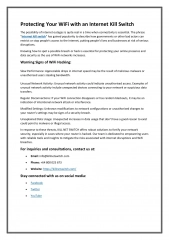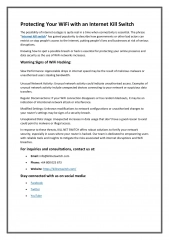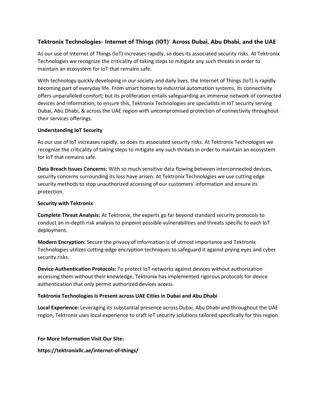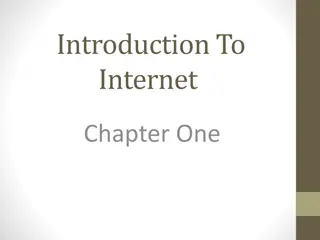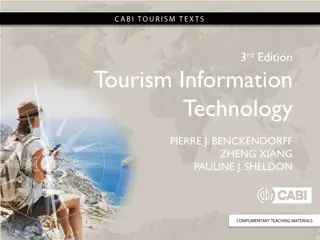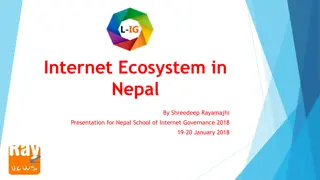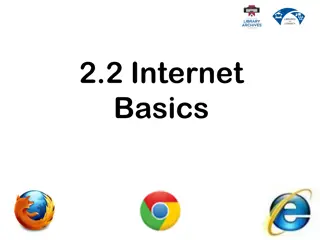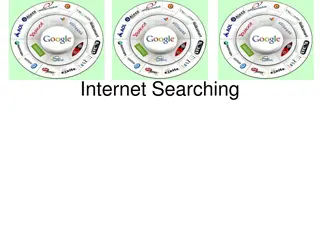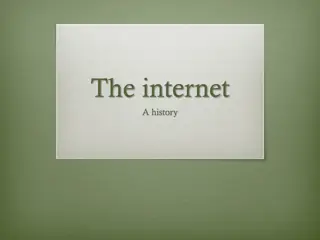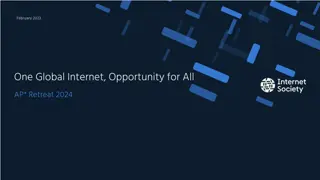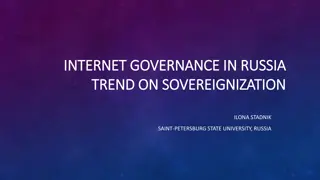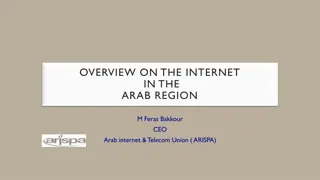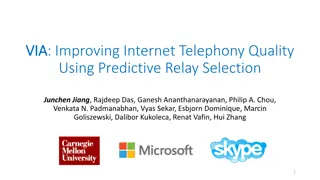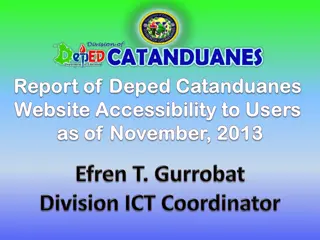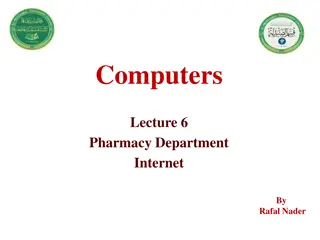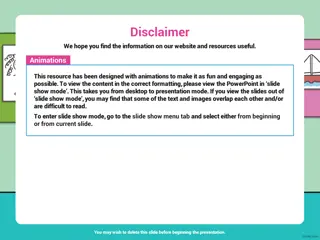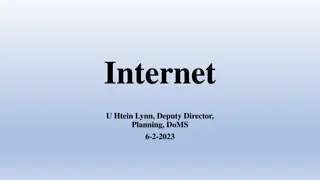
Evaluating Internet Information: Tips and Warnings
Learn how to evaluate information on the Internet effectively, with insights from a faculty development workshop. Discover the pitfalls of misinformation online and how to engage students in critical thinking. Explore practical strategies and cautionary tales for navigating the digital landscape.
Download Presentation

Please find below an Image/Link to download the presentation.
The content on the website is provided AS IS for your information and personal use only. It may not be sold, licensed, or shared on other websites without obtaining consent from the author. If you encounter any issues during the download, it is possible that the publisher has removed the file from their server.
You are allowed to download the files provided on this website for personal or commercial use, subject to the condition that they are used lawfully. All files are the property of their respective owners.
The content on the website is provided AS IS for your information and personal use only. It may not be sold, licensed, or shared on other websites without obtaining consent from the author.
E N D
Presentation Transcript
Evaluating Information on the Internet Faculty Development Workshop March 8, 2013 Donna L. Pattison, PhD Instructional Professor Department of Biology & Biochemistry
What the Studies Say Allen and colleagues (Nature, 1999) found that the vast majority of websites on subjects such as evolution (87.8%), genetically modified organisms (82.8%), and endangered species (73.6%) were inaccurate or misleading. Dellavalle and colleagues (2003) found that 13% of the references in Science, The New England Journal of Medicine, and JAMA that were 27 months old or older were no longer active. Only 55% of URLs in 1999 bibliographies led to the right site. Mintzes & Leonard (2006) Handbook of College Science Teaching. Chapter 14: NSTA press,p.137-138.
Discussion Create a list of questions you ask yourself when evaluating information you read (journals, newspapers, Internet).
Use your list to evaluate this article: http://www.drmercola.net/food/dr-mercola-white-rice-cereal-is-not-a-healthy-baby- food/
Caution: Dihyrogen Monoxide www.dhmo.org A great website built as a joke to promote the dangers of water. A fun cautionary tale about not believing everything you read on the Internet.
Reinforcement What topics in your area of expertise are you likely to find misleading or inaccurate information about on the Internet? What can you do to engage students in some critical thinking about this topic?

